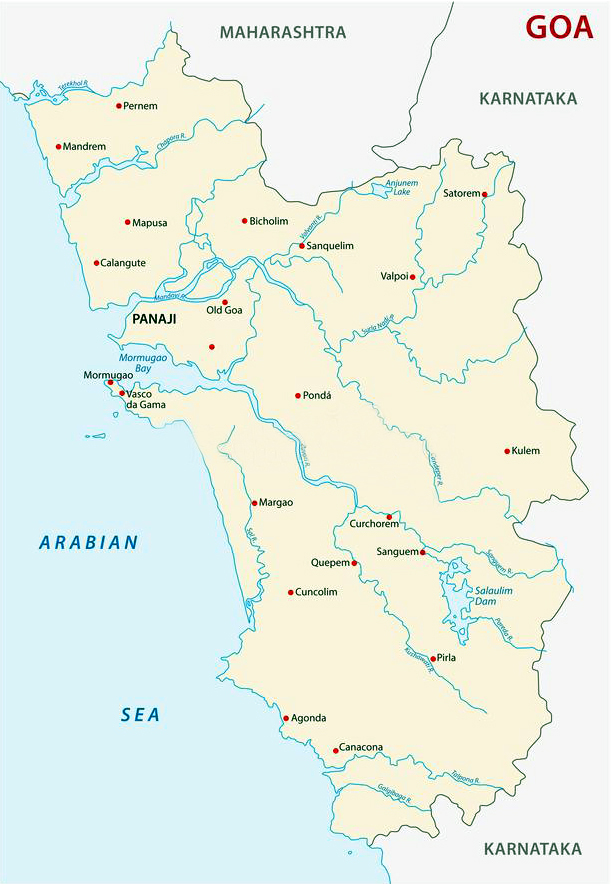Important Facts For Prelims
Goa Liberation Day
- 21 Dec 2020
- 3 min read
Why in News
The Prime Minister of India greeted the people of Goa on Goa Liberation Day, which falls on 19th December every year.
Key Points
- The day marks the occasion when the Indian armed forces freed Goa in 1961 from 450 years of Portuguese rule.
- The Portuguese colonised several parts of India in 1510 but by the end of the 19th-century Portuguese colonies in India were limited to Goa, Daman, Diu, Dadra, Nagar Haveli and Anjediva Island (a part of Goa).
- As India gained independence on 15th August, 1947, it requested the Portuguese to cede their territories but they refused.
- The Goa liberation movement started off with small scale revolts, but reached its peak between 1940 to 1960.
- In 1961, after the failure of diplomatic efforts with Portuguese, the Indian Government launched Operation Vijay and annexed Daman and Diu and Goa with the Indian mainland on 19th December.
- On 30th May 1987, the territory was split and Goa was formed. Daman and Diu remained a Union Territory.
- Hence, 30th May is celebrated as the Statehood Day of Goa.
Goa
- It is located on the southwestern coast of India within the region known as the Konkan, and geographically separated from the Deccan highlands by the Western Ghats.
- Capital: Panji.
- Official Language: Konkani.
- Konkani is one of the 22 languages from the Eight Schedule.
- It was added in the list along with Manipuri and Nepali by the 71st Amendment Act of 1992.
- Borders: It is surrounded by Maharashtra to the north and Karnataka to the east and south, with the Arabian Sea forming its western coast.
- Geography:
- The highest point of Goa is Sonsogor.
- Goa's seven major rivers are the Zuari, Mandovi (also called Mhadei), Terekhol, Chapora, Galgibag, Kumbarjua canal, Talpona and the Sal.
- Most of Goa's soil cover is made up of laterites.
- Wildlife Sanctuaries and National Parks:
- Dr Salim Ali Bird Sanctuary
- Mhadei Wildlife Sanctuary
- Netravali Wildlife Sanctuary
- Cotigao Wildlife Sanctuary
- Bhagwan Mahaveer Sanctuary
- Mollem National Park





